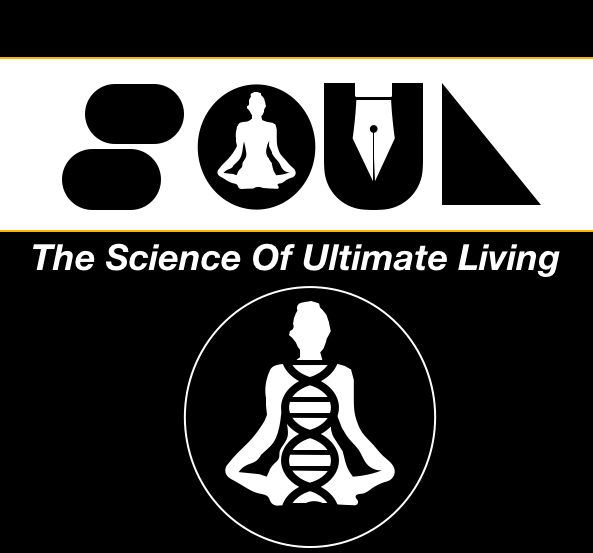
King Milinda was a powerful and intelligent ruler. He was also curious about Buddhism. One day, he met a sage named Nagasena and asked him to debate with him on the subject.
Nagasena agreed, but on one condition: that they debate as scholars, not as king and subject. Milinda was confused. What did Nagasena mean?
Nagasena explained that when scholars debate, they are seeking the truth. They are willing to learn from each other and to change their minds if presented with new evidence. But when a king debates, he is always trying to prove that he is right. He is not open to learning from others, and he may punish those who disagree with him.
Milinda understood. He agreed to debate Nagasena as a scholar.
The two men engaged in a long and spirited debate on the nature of reality, the meaning of life, and the path to enlightenment. In the end, Milinda was convinced by Nagasena’s arguments and became a Buddhist.
This story teaches us an important lesson about humility. When we are debating someone, we should be open to learning from them, even if they are less powerful or intelligent than us. If we are only interested in proving that we are right, then we are not truly interested in the truth.
Additional thoughts:
The story of Milinda and Nagasena also reminds us that hierarchies don’t matter when it comes to the pursuit of truth. Scholars are equal, regardless of their social status. This is because everyone has something to offer to the debate, and everyone has the potential to learn from others.
In today’s world, we are constantly bombarded with information from a variety of sources. It is easy to become entrenched in our own beliefs and to dismiss those who disagree with us. We either debate like a king by misusing our position of authority or simply fight with each other without understanding the viewpoint of others.
The social media seems to have acted as a catalyst that increased the polarization. It has become easier to bully others using a gadget rather than face-to-face. The amount of information, especially misinformation, has increased. In fact, the algorithms are made to feed you more as per your prejudices. One tends to have similar types of friends on social media and thus post the version of truth that is best liked by their similar-minded peers. It is very common nowadays to block and unfriendly those who differ. Social media is making us intolerant of opposing views.
Research shows that chance variation or purposeful propaganda in a small number of early movers can have major effects in tipping large populations. Members can flip in short periods of time leading to polarisation across political lines.

Milinda and Nagasena reminds us that we should always be open to understanding others’ perspective, learn new things and change our minds if presented with new evidence. Debate is a search for the truth. It is not an argument.


